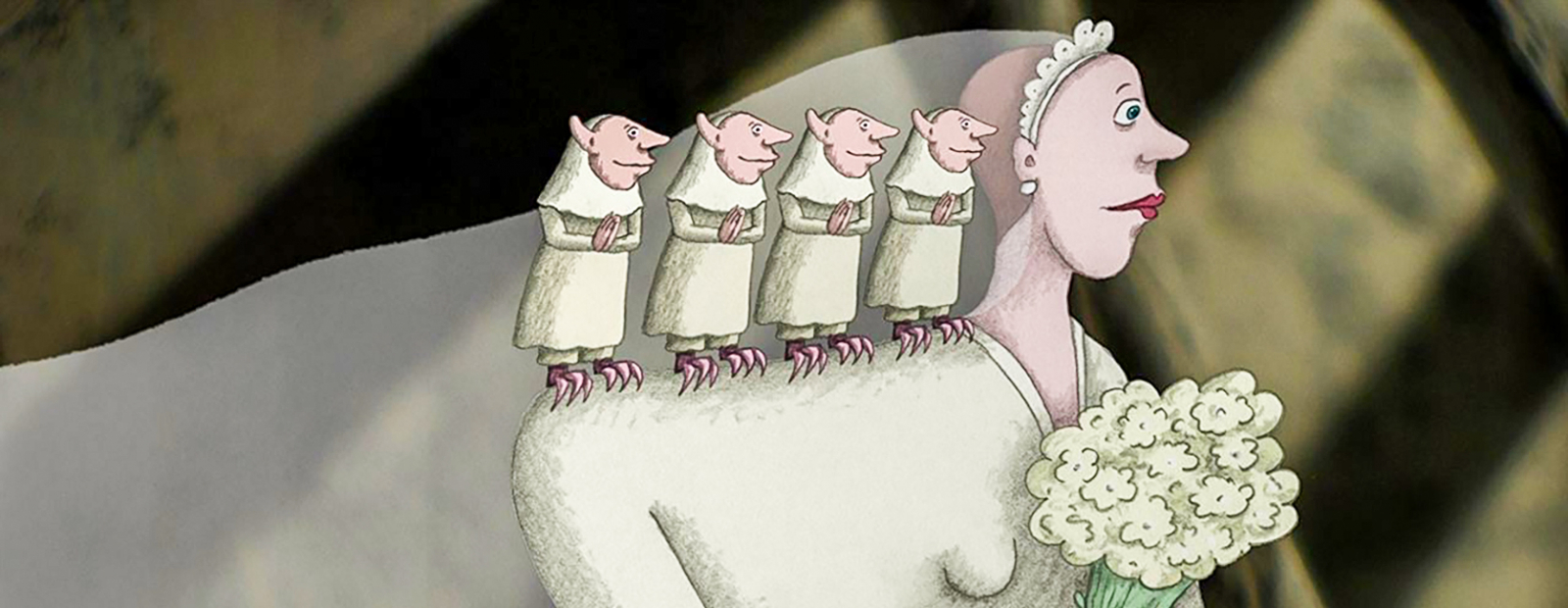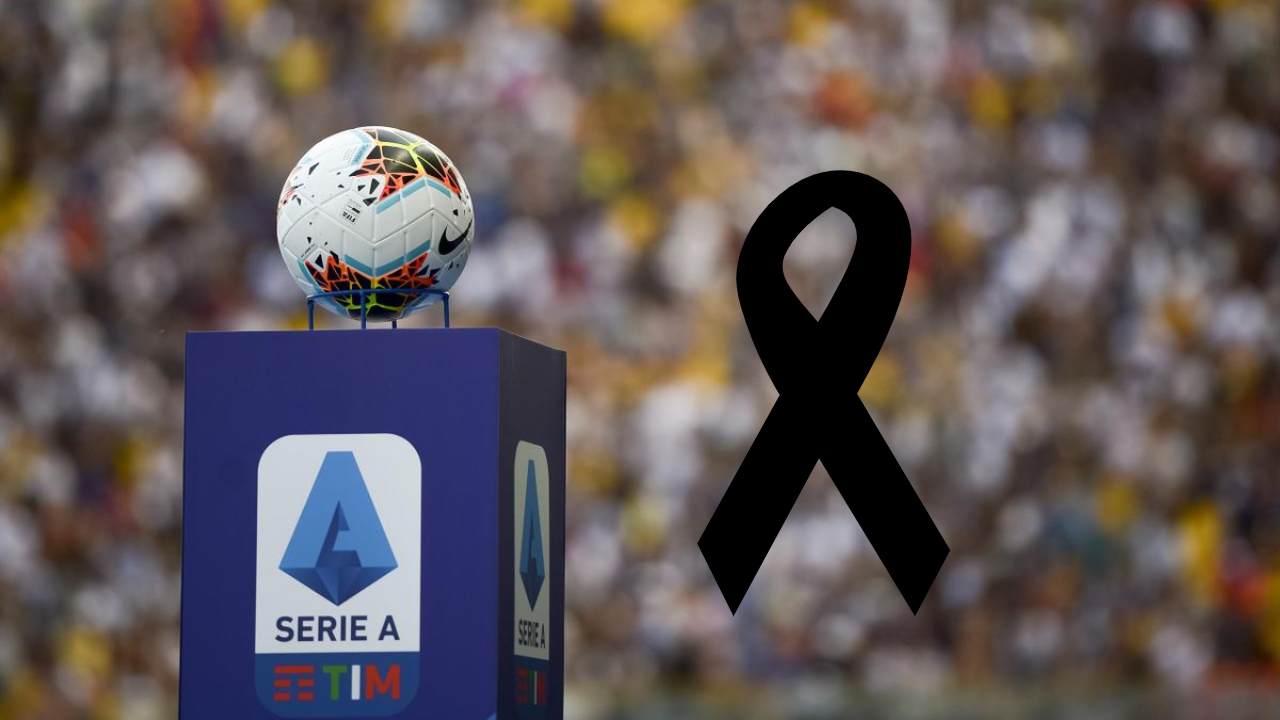The European Academy Awards ceremony is usually held in Berlin or one of the other European cities. In 2014 it was Riga, but Reykjavik was supposed to become the venue for the ceremony already last year, however, due to the pandemic, the event in Iceland had to be moved. The European Film Academy Award has a biannual cycle: this year the prize will be awarded for the 35th time, so we can already speak of a tradition. Its roots go back to the late 1980s in Germany, when a number of renowned European filmmakers, led by German director Wim Wenders, decided to create the European Film Academy and set up an award as a sort of alternative to the annual ritual of the US Film Academy – Oscars for the awards ceremony. Ambitions were thorough, why otherwise for the Oscars, which since 1929 have been awarded to films mainly made in Hollywood, the European cinematographic environment has always been much more fragmented also due to the linguistic and cultural differences of the many European countries. However, the European Film Academy and its award have become a major cultural institution for more than thirty years, highlighting the best phenomena of the European film industry at the end of the year.
This year, the awards ceremony concludes European Cinema Month, which highlighted the screening of European films in many European cinemas. Saturday 10 December it will be possible to follow the ceremony live at the cinema Gorgeous Palace big screen.
The elite club
This year, Latvian cinema also stands out among the leading phenomena: for the first time in the history of Latvian cinema, Signes Baumane’s film was nominated for the European Film Academy Award in the best animated feature category. My wedding plan – an original and self-deprecating animated film for adults, the director’s story about the role of women in society in our recent past. It should be noted that the nomination for the European Film Academy Award is a complicated process. Small groups of international experts vote for individual nominations, such as animated films. And only the last word belongs to the members of the Academy, who are invited to vote on the nominated films.
The four contestants in Signe Baumanes’ film come from large European countries, where the budget of animated films runs into the many millions and whose film industry is very generously subsidized. So happy that For my wedding project managed to get into this elite club. Signe Baumane’s film will compete with three French animated films (or co-productions) Little Nikolas, neighbors of my neighbors, Italians and dogs are prohibited and the Belgian-Dutch film about Oink the piglet (film title Okinaka). Will 4,400 Academy members vote for a Latvian film? I don’t know, although I really want to hope. Hope is grounded by the awareness that the numerically largest representation in the European Film Academy belongs to the large European countries. In Latvia, European film academics can be counted on the fingers of two hands. However, it is to be hoped that the geographical factor and the desire to vote for one’s own will not prevail.
Neighbors also did well this year: for the first time in the history of Lithuanian cinema, two films were nominated for the European Film Academy Award. It is in the running for the best European documentary feature Mariupol 2, whose director Mants Kvedravić was killed this year in Ukraine while filming the film. The short film by Lithuanian director Saulius Baradinska was nominated in the short film category techno mom which was screened at the Venice Film Festival. This observation is essential, because most of the films that reach the nominations of the European Film Academy have been included or won in the most important festivals in Europe, mainly in Cannes. I admit, it seems boring to constantly talk about the Cannes Film Festival… However (unfortunately?) the role of the Cannes Film Festival in the life of European cinema is gigantic and invaluable. This institution continues to dictate the rules in the European cinematic universe, sifting the golden grains from the chaff (those few thousand films produced in Europe every year). These are films that are often destined to win the European Academy Awards.
Dispel the sadness
Naturally, the greatest attention is paid to the works competing for the European Best Film Award. Five films are nominated in this category: Triangle of sadness (director Ruben Estlund, Sweden, Germany, France, Great Britain), To close (director Lucas Dont, Belgium, Holland, France), The holy spider (director Ali Abbasi, Denmark, Germany, Sweden, France), Corset (director Maria Kreutzer, Austria, Luxembourg, Germany, France) e The crow (directed by Carla Simon, Spain, Italy). The first four of the nominated films can currently be seen in Latvian cinemas, so there is every opportunity to see them and get an insight into current European film trends.
It should be noted that these four films were screened and awarded at the Cannes Film Festival. Triangle of sadness can be proud of Cannes Golden palm branch, To close – ar Grand Prix. Thriller The holy spider lead actress Zara Amira-Ebrahimi won the Cannes award for best actress. A similar prize was awarded in the Cannes Special Look competition by actress Vicky Krieps, whose film Corset plays Sissy in middle age. There are no illusions: if you have not been in the selection of the Cannes film festival, it is effectively impossible to win the European Film Academy award in the best film category. It should be noted that the film The crow is the winner of the Berlin Film Festival.
So what will be the European film of the year? I think there are the best possibilities For the triangle of sadness. The comic pasquila about the brilliance and narrow-mindedness of the modern capitalist world, which takes place on the yacht that once belonged to the tycoon Aristotle Onassis, appeals to many. You received a blessing in Cannes and the public likes it too. And even in Latvia, where European films lag behind Hollywood products in terms of audience numbers, For the triangle of sadness managed to gather a very decent audience for the European film: almost 20,000 spectators. Reuben Estlund, Marija Kreitzer, Lukas Dont and Ali Abbasi can become the best European directors. However, this category also includes the classic Polish director Jerzy Skolimowski (film Eo) and French director Alice Diop (Saint-Omer) first name.
Strong professionals compete for the award for the best European actress: they are the aforementioned Vicky Krieps (Corset) a Zara Amira-Ebrahimi (Holy Spider), as well as Lea Seydoux (One beautiful morning)Penelope Cruz (parallel mothers) and vital character actress Meltham Kaptan from the socially impactful German film Rabbi Kurnatz vs. George W. Bush. Competing in the Best Actor category is the film’s frail young Eden Dambren To closeRussian oligarch actor Zlatko Burich of Triangle of sadnessElliot Crossett Howe of Icelandic and Danish films Land of God (the film won at the Riga International Film Festival Riga IFF), Pierfrancesco Favino (Nostalgia) and Paul Mescal of Scottish Film After sun.
In my opinion, the will of the European Film Academy to reward the best European comedy has always been questionable. Moreover, the films that are usually nominated in this category quite conditionally correspond to the comedy genre. The candidates are generally few: three candidates. This time the most significant offering is Spanish Good boss played by Javier Bardem.
In total, the European Film Academy Award will be awarded in nineteen categories. The Lifetime Achievement Award will be presented to German actress, director and screenwriter Margarete von Trott, and the Global Achievement Award to Palestinian writer, director, actor and producer Elijah Suleiman. You will be able to see all this with your own eyes in the cinema Gorgeous Palace on 10 December h 20.45 Admission to the event is free, but you will need to present one of the tickets already used for European films (including Latvian) that have been seen in this cinema in the last month.
Information: www.europefilmawards.eu

/i/2005502050.png?f=meta)
